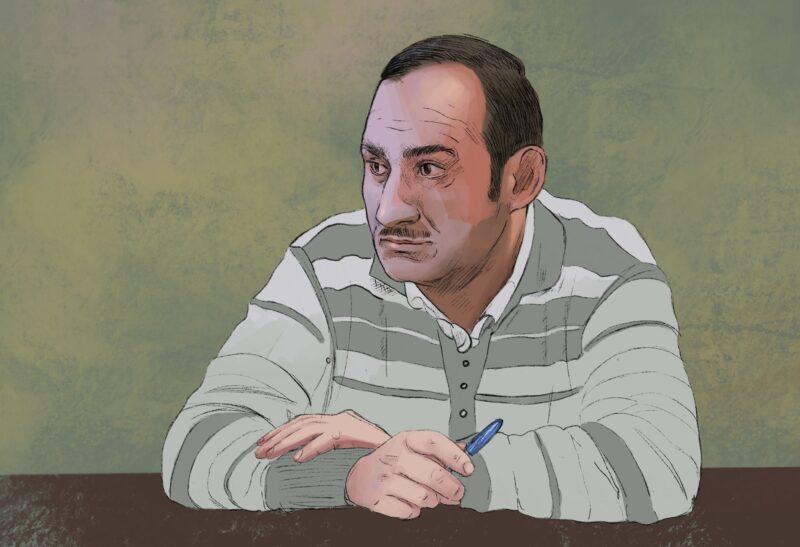On October 14, 2024, during a meeting with newly appointed Belgian ambassador Julien de Frepon, Azerbaijani President Ilham Aliyev restated his position that all provisions of a potential peace agreement with Armenia must be addressed together, with no selective implementation of terms according to him.
This meeting, a formal occasion for Ambassador de Frepon to present his credentials, also touched on broader issues of Azerbaijan’s relations with Belgium and the European Union, as well as the ongoing peace negotiations with Armenia.
Aliyev dismissed the Armenian government’s recent proposal to sign the agreed-upon parts of the peace deal and leave unresolved issues for future discussions, calling the approach “unrealistic” and “without precedent”.
Negotiation Dynamics and Obstacles
According to Aliyev, the Brussels-mediated talks between Azerbaijan and Armenia, facilitated by European Council President Charles Michel, had led to some progress. However, he expressed frustration that Armenia had allegedly chosen to withdraw from what he termed the “Brussels process.” He drew a comparison to past discussions under the “Madrid principles,” claiming that it had been agreed during those talks that no individual issues could be settled until all matters were resolved.
Aliyev criticized what he described as a shift in the stance of certain members of the OSCE Minsk Group, accusing them of supporting Armenia’s recent proposals. Nonetheless, he indicated Azerbaijan’s supposed willingness to continue pursuing peace, stating that “patience and realism” are necessary after decades of unresolved conflict.
EU Neutrality Questioned
Aliyev used the meeting to call on the European Union to maintain what he characterized as neutrality in the ongoing peace negotiations between Azerbaijan and Armenia. He suggested that some EU officials were not impartial, which, according to him, risks undermining trust in the process. He specifically criticized France’s role, alleging that its policies toward the normalization of Armenian-Azerbaijani relations were “destructive.”
Aliyev suggested that the EU’s increasing involvement in the peace process should avoid partisanship, remarking, “Some figures in Brussels are not maintaining neutrality, which creates mistrust.”
Concerns Over EU Monitoring Mission
Another issue Aliyev raised during the meeting was the EU’s monitoring mission in Armenia. He claimed that Azerbaijan had not been consulted about its extension, despite an earlier agreement allowing a limited mission for two months starting in October 2022. He described the conduct of the mission as “inappropriate” and indicated that Azerbaijan would address this in future discussions with the EU.
Broader Azerbaijan-EU Relations
While raising concerns about the EU’s involvement in the peace process, Aliyev emphasized the overall significance of Azerbaijan’s broader cooperation with the EU, especially in energy, transport, green energy, and trade. He remarked that the EU is Azerbaijan’s primary trading partner and warned that tensions surrounding the Armenian-Azerbaijani conflict should not be allowed to derail this relationship.
Belgian Ambassador Julien de Frepon, in his remarks, emphasized Belgium’s commitment to enhancing bilateral relations with Azerbaijan. He highlighted the importance of regional stability and praised Azerbaijan’s humanitarian aid to Ukraine, as well as its demining efforts in cooperation with the Azerbaijan National Agency for Mine Action (ANAMA). De Frepon also welcomed the recent steps in the Armenia-Azerbaijan peace process, affirming Belgium’s support for continued dialogue.



